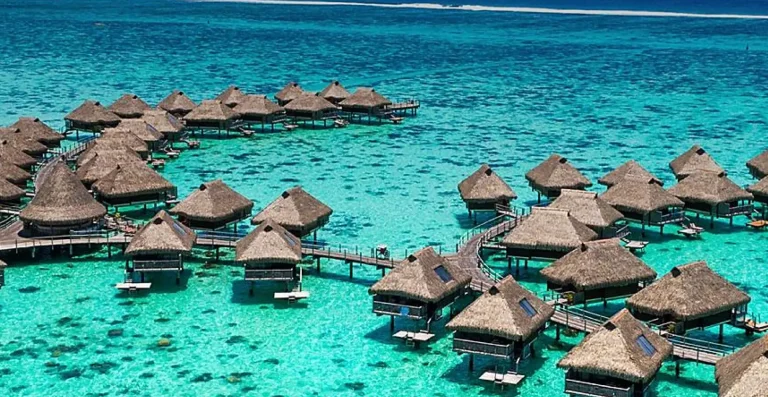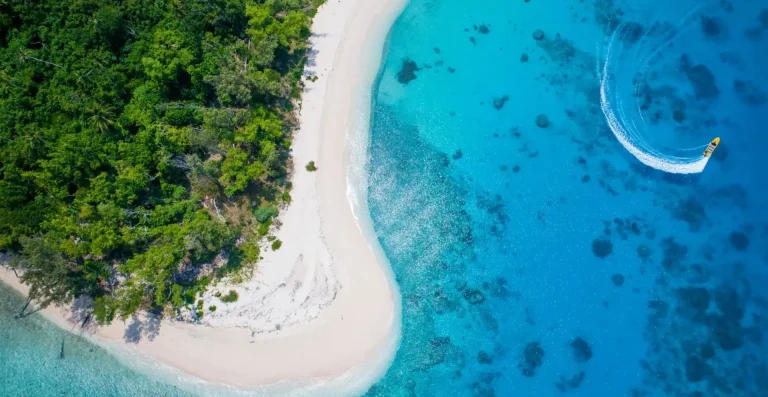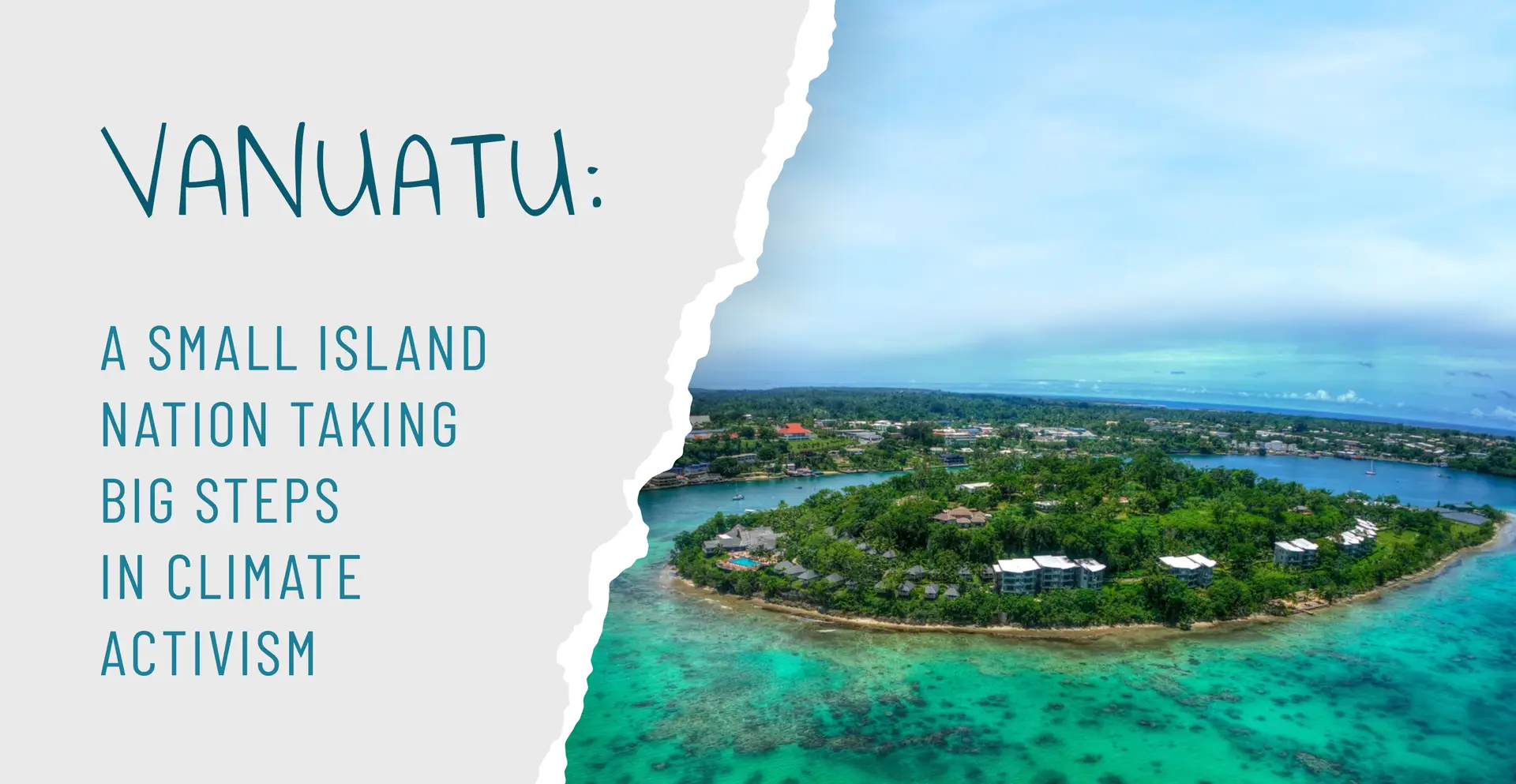As a small island nation in the South Pacific, Vanuatu is among the most vulnerable countries to the impacts of climate change. Rising sea levels, more frequent and severe storms, and coral bleaching are just some of the challenges that threaten the livelihoods and well-being of the people of Vanuatu. Despite these challenges, however, Vanuatu is taking big steps in climate activism and leading the charge for global action on climate change.
One of the most notable examples of Vanuatu’s climate activism is the country’s decision to take legal action against fossil fuel companies for their role in contributing to climate change. In 2020, Vanuatu’s government announced that it would be joining forces with other Pacific Island nations to take legal action against 47 of the world’s largest fossil fuel companies. The goal of the lawsuit is to hold these companies accountable for their greenhouse gas emissions and to seek compensation for the damages caused by climate change.

Vanuatu’s legal action against fossil fuel companies is a bold and unprecedented move for a small island nation. By taking legal action, Vanuatu is sending a clear message to the world that it will not stand idly by while the actions of wealthy countries and corporations threaten the future of its people and its environment. The lawsuit also demonstrates the leadership and determination of Pacific Island nations in the fight against climate change. In addition to legal action, Vanuatu is also taking steps to reduce its own greenhouse gas emissions and transition to renewable energy. In 2020, the government announced its intention to have 100% renewable energy by 2030, which would make Vanuatu one of the first countries in the world to achieve this goal. The government has also implemented a number of initiatives to promote energy efficiency and renewable energy, such as the Solar Rural Electrification Program, which provides solar power to remote communities that are not connected to the electricity grid.
Vanuatu’s commitment to renewable energy and energy efficiency is not only important for reducing greenhouse gas emissions, but also for improving the lives of its people. The country has a high dependence on imported fossil fuels for its energy needs, which can be expensive and unreliable. By transitioning to renewable energy, Vanuatu can improve energy security, reduce costs, and create new economic opportunities in areas such as renewable energy production and energy efficiency services.

Vanuatu’s efforts to address climate change also extend to the international stage. The country has been a vocal advocate for ambitious climate action at the United Nations Framework Convention on Climate Change (UNFCCC) and other international forums. In 2017, Vanuatu co-founded the Climate Vulnerable Forum, a group of 48 countries that are highly vulnerable to the impacts of climate change. The forum’s goal is to raise awareness of the urgent need for climate action and to push for more ambitious global efforts to address climate change.
Vanuatu’s leadership in climate activism is an inspiration to other small island nations and countries around the world. Despite its small size and limited resources, Vanuatu has shown that it is possible to take bold action on climate change and to stand up to powerful interests that threaten the future of our planet. By taking legal action against fossil fuel companies, committing to renewable energy, and advocating for ambitious global climate action, Vanuatu is demonstrating the kind of leadership and determination that is needed to address the urgent challenge of climate change.
In conclusion, Vanuatu is a small island nation with a big voice when it comes to climate activism. The country’s legal action against fossil fuel companies, commitment to renewable energy, and advocacy for global climate action demonstrate its leadership and determination to protect its people and its environment from the impacts of climate change.









